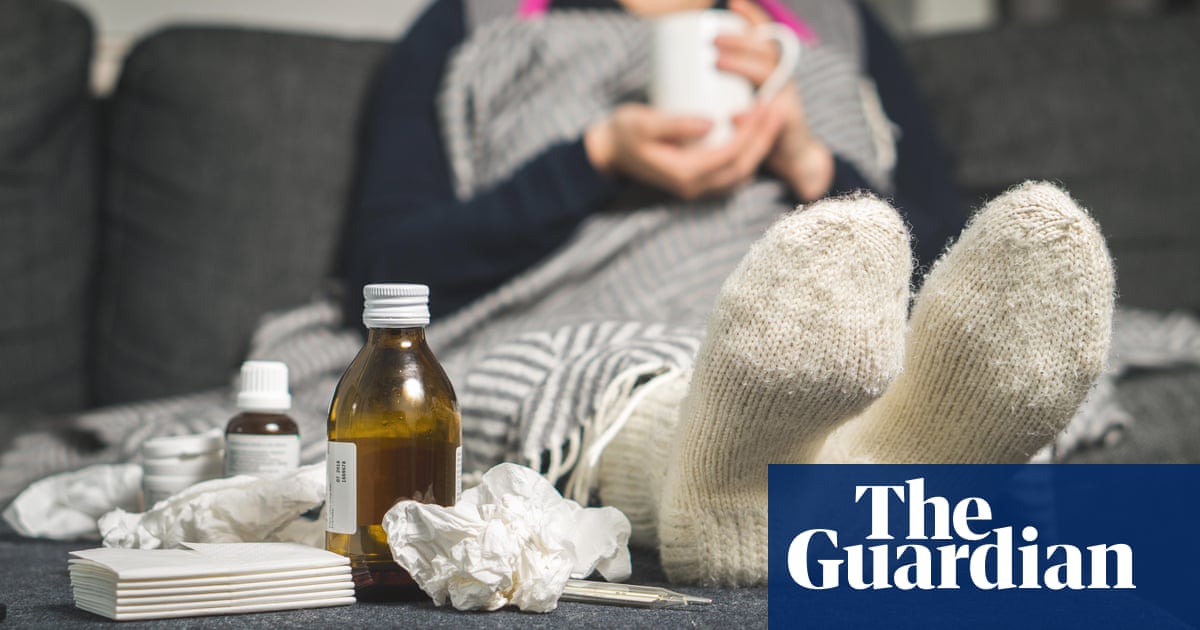I had a cold last month, but I’m still getting rid of a mild cough. This seems pretty timely for me.
The findings suggest there may be long-lasting health impacts after non-Covid acute respiratory infections such as colds, influenza, or pneumonia, that have been going unrecognised.
However, the researchers do not yet have evidence suggesting that the symptoms have the same severity or duration as long Covid.



Is there a treatment that works? What are they testing right now?
So, the team that I’m seeing at Brigham & Women’s in Boston has a testing protocol called invasive cardiopulmonary exercise testing or iCPET, which involves putting a tube into a large vein in the neck, putting a heart catheterization through that, then putting a tube in an artery in the wrist. This allows monitoring and comparison of blood pressures inside the heart vs. outside the heart as well as comparison sampling of arterial blood vs. venous blood. In addition to this, they apply EKG heart monitoring and respiratory monitoring via a gadget you hold in your mouth and breathe through. With all this insanity in place, they put you on an exercise bike until you can’t stand it anymore.
What they find on this test is a combination of two things. First, the pressures inside the ventricles of the heart do not increase in response to increased physical activity the way that they should. “Low ventricular filling pressure caused by preload failure.” And second, the DEoxygenated blood returning to the heart has too much oxygen in it, indicating poor oxygen uptake on a cellular level, which they hypothesize is caused by mitochondrial problems.
The treatments include a drug called pyridostygmine, which increases acetylcholine neurotransmitter to increase autonomic nervous system response to physical activity (and therefore increase blood return to the heart). Or a drug called midodrine, which also supports blood pressure. Plus supplements to support mitochondrial function like CoQ10, creatine, and ALCAR.
I’m not cured and back to where I was prior to getting sick by any means, but I’m able to hold down a full time job, which prior to treatment I most definitely would not have been able to.
Thank you very much for your answer. Very interesting therapies they are testing and I’ll have a look if there are similar studies done here in Germany. I wish you all the best for your future and really hope, that they will find a way to completely treat it.
Thanks for the well wishes. Also last year I participated in a clinical trial with this same team at the Brigham. The drug trialed there is called bocidelpar. It targets a mitochondrial receptor called PPAR-δ. We’re still waiting on the results of that trial to be released and it’s probably a good 3-5 years away from FDA approval in the US if all goes well. So here’s hoping for the best